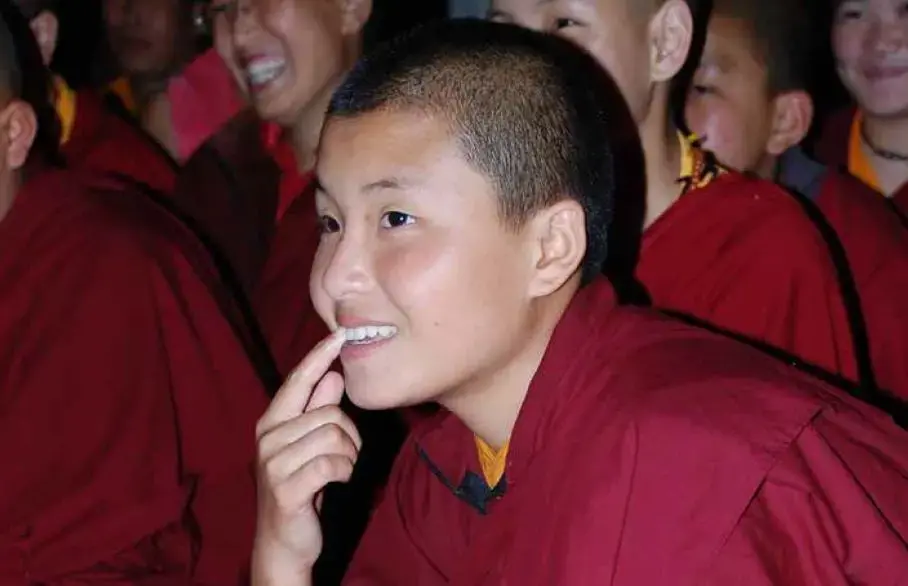Family planning is the reason why I was able to pursue my dreams of becoming an athlete.
Lily Iawantak, 34, of Tanna Island, Vanuatu, is a professional athlete who grew up in a culture where women’s careers are rarely prioritised, compared to those of their male counterparts. "I am so blessed to have a male champion of women’s sexual and reproductive health like Kasi as my partner," Lily said.
Lily is an outspoken advocate for family planning in a community where family planning is often perceived as taboo.
Family planning is a combination of information, education, services and methods that allow individuals to choose and decide whether and when to have children — it is central to gender equality and women’s empowerment, and is a key factor in reducing poverty. Family planning methods such as contraceptives prevent unintended pregnancies, reduce the number of abortions, and lower the incidence of death and disability related to complications of pregnancy and childbirth.
World Contraception Day, observed on 26 September every year globally, is a reminder of the right for all individuals and couples to decide freely and responsibly on the number and spacing of their children.
However, myths and misconceptions around family planning prevent many people from using contraceptives. These include notions that family planning would harm a woman’s health, or cause weight gain in women, or would increase promiscuity amongst women.
Around 19 per cent of women in Vanuatu have what is called an "unmet need for family planning" — when a woman wants to delay pregnancy or does not want to get pregnant but is not using any contraception. This is one of the reasons why the adolescent birth rate in Vanuatu is increasing (81 births per 1,000 girls of 15-19 years of age), marking one of the highest among the Pacific Island Countries and Territories (PICTs). When a girl becomes pregnant, her health is endangered, her education and job prospects are decreased, and she becomes more vulnerable to poverty and exclusion.
For Lily, having access to quality sexual and reproductive health information and services, helped her to decide the size of her family. It helped Lily and her partner to provide a better quality of life to their children, avoiding potential health complications as well.
Australia-funded UNFPA Transformative Agenda programme
"Inspiring stories such as Lily's are a perfect way to mark the occasion of World Contraception Day 2022," said Iori Kato, the United Nations Population Fund (UNFPA) Pacific's Director and Representative." We in UNFPA Pacific greatly value our collaboration with PICTs' Governments to move unmet need for family planning towards zero, advancing universal access to sexual and reproductive health information and services for all, including women, youth, and people with disabilities.”
Vanuatu is one of the priority countries for UNFPA Pacific's flagship Transformative Agenda programme that focuses on ending unmet need for family planning, along with Fiji, Kiribati, Samoa, Solomon Islands and Tonga, with AUD 30 million funding support from the Australian Government’s Department of Foreign Affairs and Trade (DFAT). "The workshops organised by UNFPA’s Transformative Agenda programme were a real eye-opener for me, teaching me a lot of vital information about women and child healthcare, reproductive health, and family planning,”Lily recalls.
In her local community, over the years, Lily used to face challenges against her decision to use contraceptives and seek reproductive health care. One day, she and her partner Kasi were summoned by his relatives to a public community meeting, and they tried to forbid Lily from using contraceptives.
"No!" Kasi stood up and defended her at the meeting, refusing to accept advice from his relatives. He stressed that Lily's choice to use family planning was in the interest of keeping their family healthy.
An ally for 'choice'
Lily considers herself lucky to have a partner like Kasi. "He is my ally." Kasi has always been supportive of Lily's decision to access sexual and reproductive health information and services as she wishes, and engaging in such important conversations about choices for them as a family. Lily observed that many of the other men on the island have been less supportive when their female partners intend to access reproductive health care including contraception. Some women have even faced threats or violence as a result.
Speaking for her fellow women in the community, Lily said,
We must plan the time we give birth to our children and space pregnancy so that we improve the quality of our families' lives. It is good for both men and women, and for our children, and therefore for our entire community's future.
It has certainly been the right decision for Lily and Kasi.
Maybe that is why there is so much joy and laughter in the air, as Lily, Kasi and their daughters work together in their garden.
Discover Lily's story in this video: www.youtube.com/watch?v=csAHX4KUaVM&t=2s.




